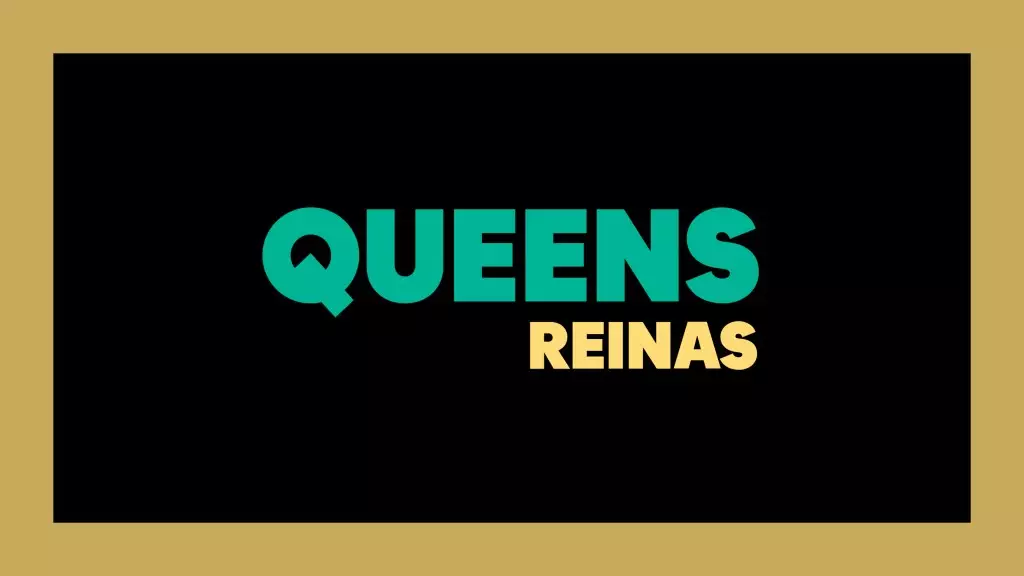In today’s world, cinema often serves as a powerful medium for exploring personal and collective histories. “Queens,” directed by Klaudia Reynicke, emerges as Switzerland’s entry for the International Feature Oscar, despite its Peruvian roots and Spanish dialogue. Reynicke’s journey is emblematic of the quest for identity, as she left Peru at a young age, carving a life across Europe and the United States. The film emerges not just as a narrative, but as a crucial intersection between her past and present, bridging emotional gaps forged by distance and time. In her own words, Reynicke admits the project was not just an artistic endeavor; it became a vital act of reconnection with her heritage. This rekindling of cultural ties is often subtle yet deeply transformative, illustrating how the visual storytelling craft can mend fragmented identities.
“Queens” is set against the backdrop of Peru in 1992, a period marked by social strife and political unrest. It follows the life of single mother Elena and her two daughters, Lucía and Aurora, who are on the brink of embarking on an uncertain journey. As they prepare to leave their country, they confront the necessity of their father, Carlos, to authorize their departure. Reynicke masterfully interweaves the family’s personal struggles with the national narrative, showcasing how familial bonds and national identity are often inextricably linked. The film highlights the subtleties of familial interactions against the larger canvas of political uncertainty, illustrating how history shapes personal destinies.
At the heart of “Queens” is a poignant examination of familial relationships, particularly between the estranged father Carlos and his daughters. Described as a “broken man” by Gonzalo Molina, who portrays him, Carlos embodies a figure grappling with guilt and inadequacy. He tries to rekindle a sense of connection with his daughters by affectionately referring to them as “queens,” a name that symbolizes both admiration and his own perceived failings. This complexity enriches the narrative, as it reveals the struggles of a parent trying to navigate the chasm of absence marked by years of neglect. The film depicts Carlos’s efforts to seek forgiveness and to be seen as worthy of his daughters’ affection, even when he grapples with profound self-doubt.
Aurora, portrayed by Luana Vega, brings forth another layer of complexity through her interactions with Carlos. Her portrayal reflects a mix of resentment and longing as she juggles her feelings toward a father she barely knows. The emotional weight of her character transforms the audience’s understanding of familial love, particularly how it can be tangled with ambivalence. Vega’s insight into her character underscores a generational gap, where experiences define individual perspectives on family bonds. Lucía’s more tempered view contrasts sharply with Aurora’s resentment, illustrating the range of emotional responses that can emerge within a family facing separation.
Ultimately, Reynicke crafts a narrative that is more than just about parting ways; it is about the evolution of love and solidarity within a family. The film’s conclusion does not focus on loss; instead, it reveals an emotional growth that transcends physical distance. Reynicke encapsulates this sentiment through her filmmaking technique, often framing the family as a cohesive unit, embraced by the camera during touching moments. As the audience witnesses the family’s final moments together, the implication is clear: their journey, fraught with struggle and doubt, ultimately leads to a stronger relational fabric. “Queens” stands not just as a cinematic exploration of a specific family but as a universal testament to the resilience of love amidst the challenges of life—an enduring reminder that, although paths may diverge, the bonds of family culture remain ever-present.

